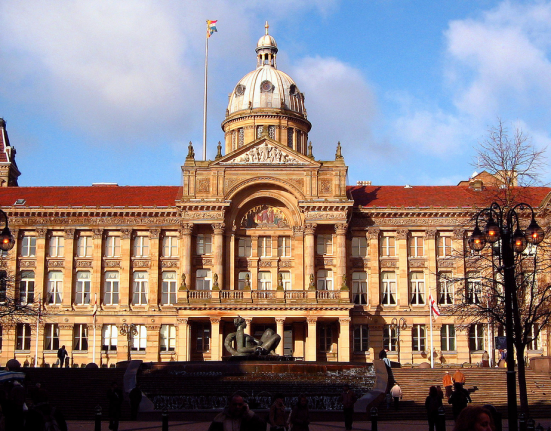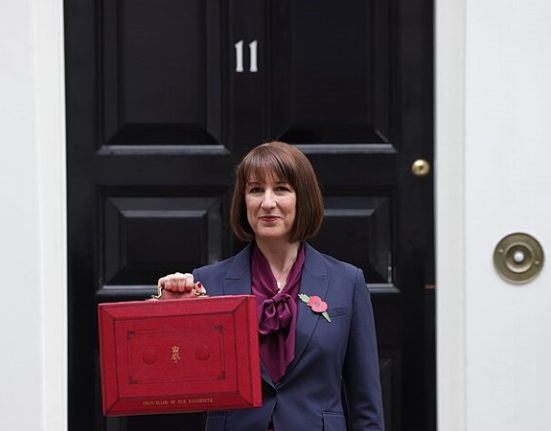Britain’s reliance on gas is behind our high electricity prices. So, can we do anything about it?
Wholesale gas and electricity supply
“Great Britain’s dependency on gas imports has been the most important factor behind higher gas and power prices,” said Kate Mulvany, principal consultant at Cornwall Insight, an energy advisory company.
That’s why gas prices skyrocketed following Russia’s invasion of Ukraine due to supply uncertainty.
Gas-fired power plants set the market price for electricity meaning costs are much higher than they should be, especially given how much renewable electricity we produce.
This means households and businesses are paying much more for electricity than they should be. In the UK, the market price of electricity is set by gas 98% of the time. In Europe the average is under 40%; for Norway and Sweden it is 1%; France 7%; Germany 24%.
Firing up old gas plants when there is high demand makes market prices soar further. Earlier this year, two gas power plants were paid more than £12 million for just three hours’ supply.
What can the UK do about it?
In a nutshell: Use less gas.
By 2030 the UK government is planning that gas-fired power will only supply 5% of our electricity, and gas will only set the price 15% of the time
Gas plants could be forced out of the market for electricity supply, perhaps by being nationalised.
This would need to be coupled with plans to increase storage capability for renewable energy, so when it’s abundant (sunny or windy) a stock pile can be built up reducing reliance on gas-fired electricity during peak demand periods.
In the EU, this kind of strategy is set to save consumers €9 billion a year.
Another useful tool is levies on electricity produced from gas, which would reduce demand for gas, incentivising consumers to shift to cleaner options.
Meanwhile industry needs to innovate – and a great example is the Narrow House in Birmingham, a proposed residential tower which will be energy-positive, producing more solar energy than it draws from the grid with enough spare to run a local micro-grid to renewably supply local businesses.







